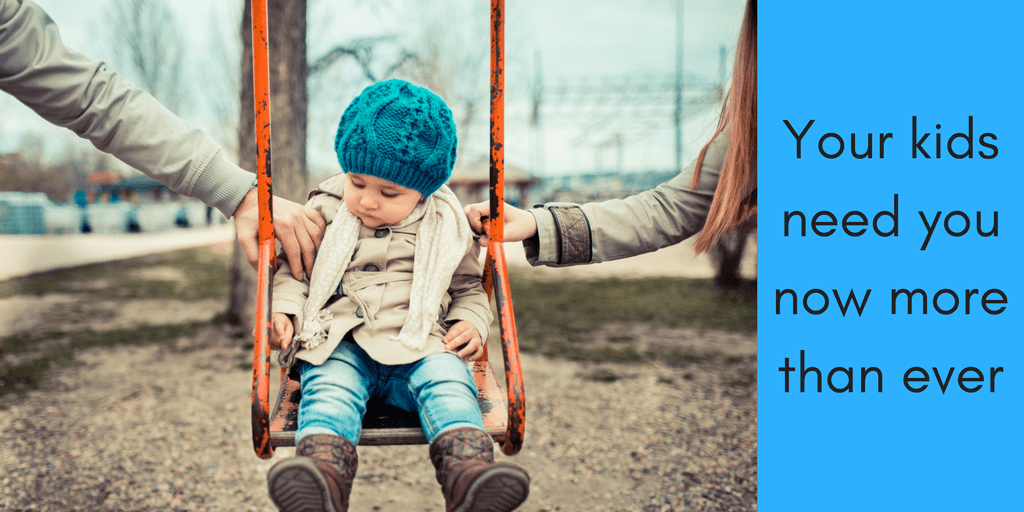

Divorce is one of life’s most stressful events. Unfortunately, it is not only incredibly stressful for the separating couple; it is also very hard for their family and closest friends.
Those hit hardest by the impact of divorce are usually children from the relationship.
The way children react to the divorce of their parents depends on an array of factors, including but not limited to their age, personality, and how their parents behave throughout the process.
Nobody has more power to influence their children’s wellbeing during a divorce than the parents themselves – and how they do so may have lifelong impacts for their kids, how they see themselves, and how they engage in their own future relationships.
Children may experience shock, sadness, fear, anger, worry and even guilt when they learn their parents are separating. Parents must be there to reassure, support, and love their children throughout this difficult time.
Tips for helping kids through divorce
- Don’t argue, fight, or discuss legal or sensitive issues in the presence of your children
- Don’t be negative about the other parent with your kids
- Minimise all disruptions to your children’s normal routines as much as possible
- Make sure both parents remain engaged and active in the children’s lives (unless there are issues of parental abuse)
- Never seek emotional support from your children – it’s your role to support them
- Explain that love between adults can change but that love for their children does not.
- Prepare kids for changes in their life – a parent moving out, or them moving to a new home with one parent; new schools; and other changes.
- Ideally, you won’t move into a new adult relationship straight away upon separating. This can confuse children and cause animosity.
- Maintain bonds and contact with support from extended family members.
TALK TO YOUR KIDS.
Calmly explain what is happening in simple terms.
Try to do this with both parents present and on the same page for the benefit of the kids. Leave negative feelings out of the conversation – don’t exhibit anger, blame, or guilt.
Make it very clear that the children are in no way at fault and that they are always loved. Reiterate that although their parents will no longer be living together, you will always be a family. Much reassurance will need to be given by both parents to their kids, now and throughout the divorce process.
This conversation needs to be built around the age, temperament, and personality of the children. For very young kids of toddler age, no explanation need be necessary if they are oblivious to the major changes happening.
Young kids need to be given short and simple explanations, along the lines of that the parents will be living separately so they no longer argue but they both love the child and will see them as much as possible.
Older children and teenagers are likely not going to be completely taken by surprise at the deterioration of their parents’ relationship and deserve answers to specific questions they have.
You need to be well prepared to answer questions relating to living arrangements, holidays, and how their own lives will change. Honesty without complicating matters is key.
If divorce is inevitable, don’t give your children false hope for reconciliation.
Encourage your child to communicate openly, and if you feel it might help, consider professional family counselling.
At the end of the day, you need to both be adult for the benefit of your kids during divorce.
Put your own feelings aside in front of your kids, never lay guilt on your kids for enjoying the company of the other parent, and never be openly negative.
Behave towards and about your ex as you’d hope they would towards you. Your kids will reap the rewards of a peaceful transition through divorce.
If your marriage is ending a helping hand with your separation and divorce from a law perspective may be beneficial.
If you are separating, please talk to us about the process you need to take to get the best possible outcome for everyone involved.
Call us on 07 3161 2762 or email at [email protected]
